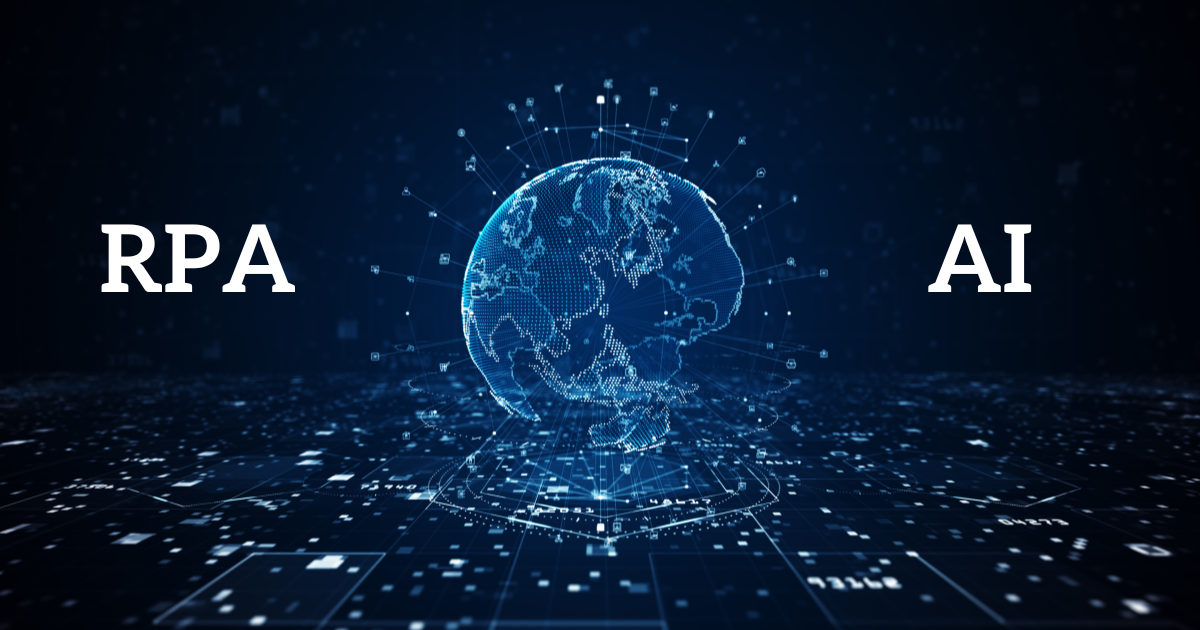10 Automation Use Cases For Healthcare & Insurance Providers
Improve Patient Experience. Streamline Operations. Cut Costs. Healthcare and insurance providers are under more pressure than ever. Between staffing...
2 min read
 Shane Naugher
:
Dec 10, 2024 10:30:00 AM
Shane Naugher
:
Dec 10, 2024 10:30:00 AM
In the rapidly evolving landscapes of healthcare and insurance, organizations face mounting pressures to enhance efficiency, reduce costs, and elevate customer experiences. Robotic Process Automation (RPA) and Artificial Intelligence (AI) emerge as pivotal solutions, streamlining operations and enabling professionals to focus on strategic, value-driven tasks.
RPA employs software robots to automate repetitive, rule-based tasks, such as data entry and claims processing. AI, encompassing machine learning and natural language processing, empowers systems to learn from data, make informed decisions, and handle complex processes. When integrated, RPA and AI—collectively known as Intelligent Automation—transform operational workflows across industries.
Streamlined Administrative Processes: Healthcare providers often grapple with time-consuming administrative duties. Implementing RPA can automate tasks like patient registration and appointment scheduling, thereby reducing errors and expediting processes. This automation allows medical staff to dedicate more time to patient care.
Enhanced Patient Data Management: Accurate and timely patient data is crucial for effective treatment. AI algorithms can analyze vast datasets to identify patterns, predict health outcomes, and personalize care plans, leading to improved patient outcomes.
Accelerated Claims Processing: RPA bots can swiftly process insurance claims by extracting and validating data, significantly reducing processing times and minimizing human errors. This efficiency ensures that patients receive timely reimbursements and enhances overall satisfaction.
Underwriting Efficiency: AI-powered systems can assess risk factors by analyzing applicant data, leading to more accurate underwriting decisions. This precision not only mitigates risks but also accelerates policy issuance, benefiting both insurers and clients.
Fraud Detection and Prevention: AI algorithms can detect anomalies and patterns indicative of fraudulent activities, enabling insurers to proactively address potential fraud. This capability safeguards company resources and maintains trust with policyholders.
Customer Service Enhancement: Chatbots and virtual assistants, powered by AI, provide customers with immediate responses to inquiries, policy information, and claims status updates. This 24/7 availability enhances customer engagement and satisfaction.
Zurich Insurance: By integrating AI tools, Zurich streamlined the processing of life insurance applications, particularly for applicants with disclosed mental health conditions. This innovation reduced application processing time from 22 days to less than a day, significantly enhancing customer experience.
NIB Health Insurer: NIB partnered with Infermedica to develop an AI-powered symptom checker, guiding users to appropriate healthcare services. This tool acts like a triage nurse, improving patient experience and alleviating pressure on health resources.
While the benefits are substantial, implementing RPA and AI comes with challenges, including integration with existing systems, data privacy concerns, and the need for continuous monitoring and updates. Organizations must adopt a strategic approach, ensuring that automation aligns with business objectives and regulatory requirements.
The convergence of RPA and AI offers transformative potential for the healthcare and insurance sectors. By automating routine tasks and enhancing decision-making processes, these technologies empower organizations to deliver superior services, reduce operational costs, and focus on innovation and patient-centric care. Embracing intelligent automation is not merely an operational upgrade; it's a strategic imperative in today's competitive landscape.
Ready to see how RPA and AI can transform your healthcare or insurance business? Contact us today to schedule a consultation and take the first step toward intelligent automation!

Improve Patient Experience. Streamline Operations. Cut Costs. Healthcare and insurance providers are under more pressure than ever. Between staffing...
2 min read
For weeks, I’ve been hinting at a big announcement, and the day is finally here! Today, I am thrilled to introduce Innovative Automations, a new...

Smarter workflows, supercharged efficiency. In a world where every minute counts, businesses are constantly looking for ways to do more—with less...